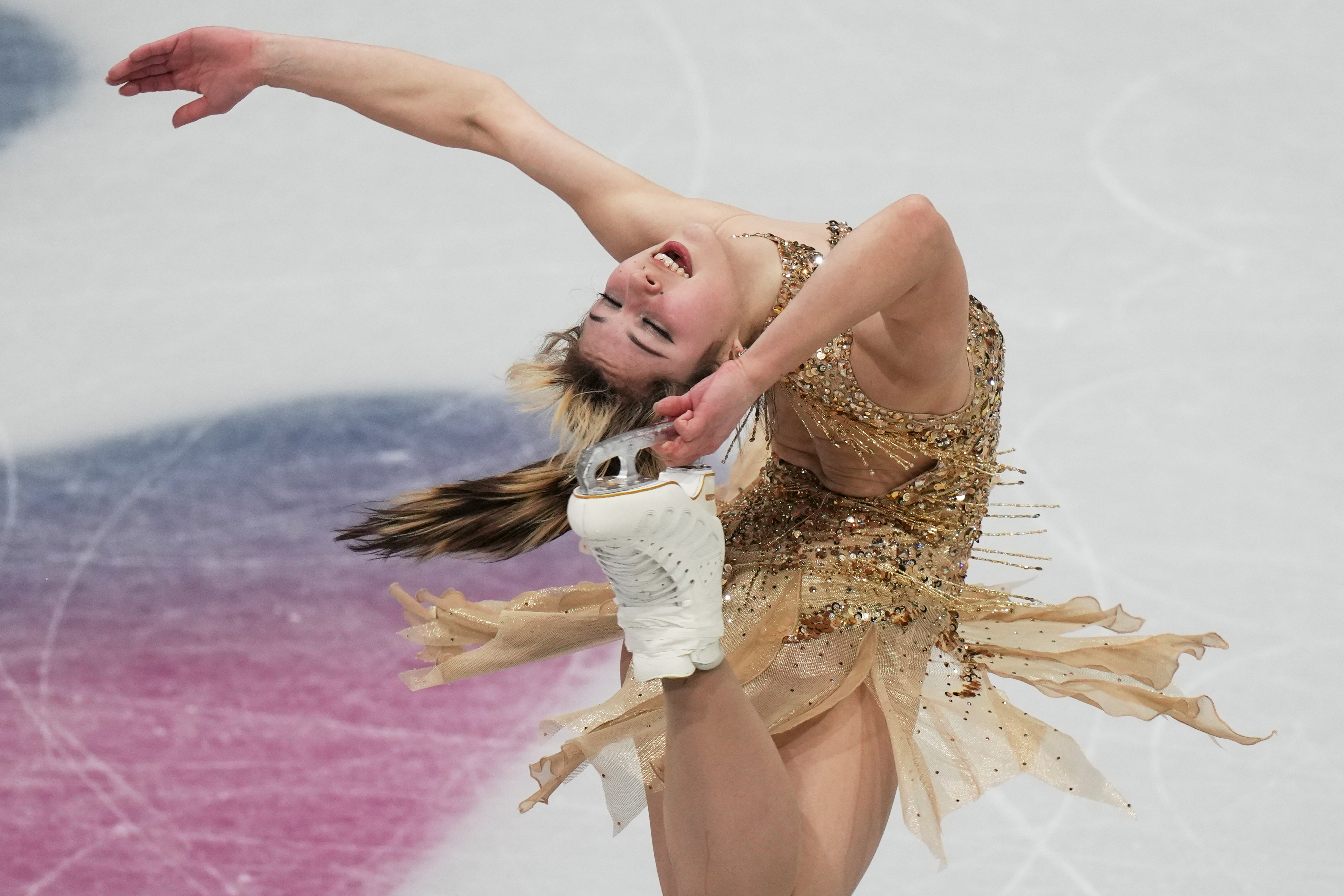There's no shortage of talk about the well-being of Olympians.
“Our lives are more valuable than the medals that we have,” said U.S. triathlete Morgan Pearson
“It is ok sometimes to sit out the big competitions to focus on yourself," explained U.S. gymnast Simone Biles.
But how do athletes keep their mental health...healthy? It’s more than just going to therapy, according to Chelsi Day.
“I think it might be that I need the time to take care of myself," she said. "I need to engage in pleasurable things, things that make me happy, volunteering, knitting, whatever, something that helps my mind slow down.”
Day is a sports psychologist who works with college athletes at The Ohio State University. She says high-level athletes may have different needs than the average person, who isn’t competing each day.
"For athletes who are constantly in the spotlight, they're constantly around people," Day sad. "They never get an alone moment. I'm not going to say, you know, way in your limited time alone, like spend time with some people. Now, I might talk with them strategically about the type of social support they're seeking, but some of those interventions are going to look a little bit different.”
The impact was noticeable for Katie Zaferes, a member of the U.S. Triathlon team. She opened up about her experience working with a psychologist.
“It's been a game changer since Rio, because before Rio, I didn't work with a sports psychologist, and I kind of just, whenever I would freak out and get really nervous," she said. "I'd be like, 'Oh I want to talk to someone', at that moment, it was more reactive, rather than something I did routinely.”
”It's about building that culture before a situation happens, but then addressing it when it does with being understanding and listening,” said Caroline Brackette.
Caroline Brackette also works with athletes at Mercer University. In order to keep up with their mental health, she tells her students to check in frequently...
“It doesn't have to be to the point where they're in distress, but tips and tidbits, the same way that you would get for nutrition or things that you can do to improve your speed and agility, giving them the tools through educational sessions that will help them with their mental health.”
Those skills include visualizing where they want to be mentally and encouraging themselves through what is called positive self talk. But it also involves getting everyone connected to the athlete to buy in
“We also consult with coaches when coaches are like, 'I'm really struggling,' Day said. "And just not with their mental health, but really struggling, navigating something or helping an athlete communicate with their coach.”
That communication, according to Day, can help build up emotional support.
”We want those support networks, not necessarily to be an echo chamber, not necessarily to tell you what you want to hear, but that you know, that you can be truthful with, vulnerable with, honest with, and you trust that they have your back,” she said.
For newsy, I’m Austin Kim.











